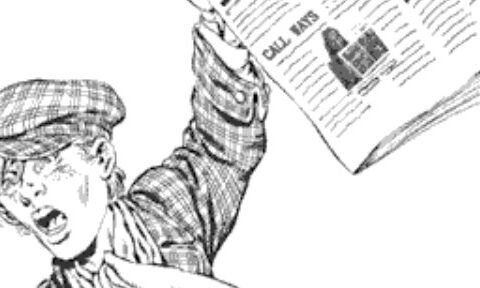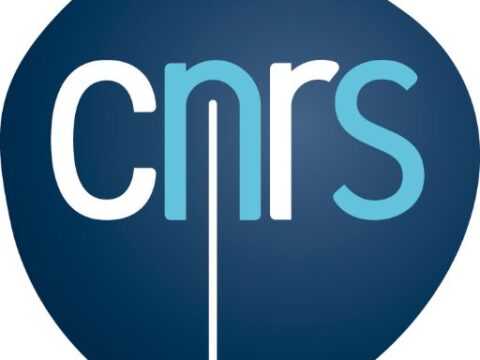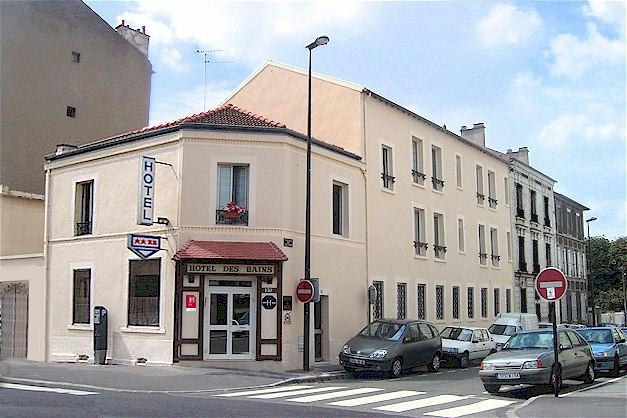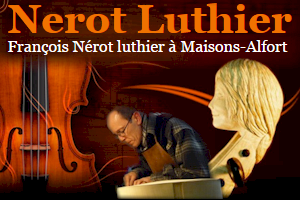Catégorie : CNRS
A look back on mass surveillance during the Covid crisis
In March 2020, France was one of the countries that adopted the strictest lockdown measures in an attempt to curb the Covid-19 pandemic. The historian and sociologist Nicolas Mariot looks back at this experiment in mass obedience.
Gaia BH3, the black hole that shouldn’t exist
The recent discovery of a binary system containing an extremely rare object, the most massive black hole (apart from SgrA*) ever detected in our Galaxy, calls into question the models for the formation of these bodies.
The Earth, precariously balanced
On our planet, everything is interconnected, from terrestrial and marine ecosystems and biodiversity to ice sheets, rivers and oceans. But a recent report reveals that the dynamics of these different systems is being destabilised by human activities to…
Muting tinnitus
Research on tinnitus, a recent investigative field, is now enabling a clearer understanding of the causes and effects of this symptom that affects nearly eight million people in France.
Landscapes to listen to
The American Wild West, and especially Arizona, is not just cactuses, mountains and golden plains. Its dramatic landscapes are also audible. Anne Sourdril, a CNRS anthropologist, and her ecologist colleague Luc Barbaro have recorded the sounds of this …
A new currency to dethrone the dollar?
Could the power of the dollar be in decline? As BRICS countries openly toy with the idea of creating a common currency, is the global system ready to adopt a new international money? Physicists, who analysed the mathematical structure of trade, investi…
Claire de March, a researcher with flair
Winner of the 2023 Irène Joliot-Curie Prize in the “Young Woman Scientist” category, this research chemist has developed the very first experimental structure of a human olfactory receptor.
Archaeology goes galactic
Galactic archaeology uses state-of-the-art telescopes to reconstruct the history of our Milky Way, from the Big Bang to the present day.
Sacrificing land to oil
Building the petroleum society that is now the basis of our prosperity has come at a cost. Gwenola Le Naour and Renaud Bécot, co-editors of a book on the topic, bring to light the destruction caused by the “petrolisation” of our planet, in France and a…
Putting our organs on chips
Initially trained in biology and chemistry, Stéphanie Descroix now works in a highly multidisciplinary research field, that of microfluidics, a technology that enables the creation of mini-organs on chips. These tools offer vast perspectives, especiall…
A glimpse of everyday life in the Neolithic
The exceptional discovery of a settlement dating from 3,000 BC, in the Marais de Saint-Gond region in northeastern France, sheds light on the still largely unknown way of life of Neolithic societies.
Recycling using supercritical fluids
Whether trainers or batteries, some multilayered objects still resist recycling… not for very long. This report takes you to the ICMCB laboratory where these various elements are separated using supercritical fluids, in the context of Global Recycling …
Are white holes dawning at last?
As opposed to black holes, white holes are thought to eject matter and light while never absorbing any. Detecting these as yet hypothetical objects could not only provide evidence of quantum gravity but also explain the origin of dark matter.
Autism in a new light
In the context of the 2024 edition of Brain Awareness Week currently being held in France, CNRS News highlights the advances made in the field of autism. Once considered the result of a rare, incurable disease, autism spectrum disorders are now the sub…
Preventing malaria from proliferating
Malaria affects more than 247 million people throughout the world and may have caused up to 620,000 deaths in 2021. Under the ROAdMAP project¹, Ana Gomes and her team at the Laboratory of Pathogens and Host Immunity² in Montpellier (southern France) ar…
The origins of the Standard Model
Fifty years ago, a French team was behind a discovery that helped develop the Standard Model of Particle Physics.
Rare Ordovician fossil deposit found in France
A newly-discovered fossil deposit in the foothills of the Montagne Noire range in southern France has yielded unprecedented evidence of marine biodiversity from half a billion years ago.
Cryptography faces the threat of quantum technology
The CNRS cryptologist Benjamin Wesolowski explains how to strengthen cryptographic methods, with a view to increasing their resistance to the potential emergence of the quantum computer.
The Natchez and the French, from alliance to tragedy
In 1729, the Natchez tribe of Native Americans suddenly massacred French settlers living near them in the area around New Orleans. The retaliation was fierce, nearly wiping out the entire clan. In a newly-released book, the historian Gilles Havard, ini…
Soulages’ blacks in the spotlight
Like other paintings of the late 1950s, Soulages’ works are deteriorating. The paint comes off in some areas, becomes soft in others, or even drips. Using imaging techniques, a team of researchers is set to unravel the mystery.
An asteroid reveals its secrets
On 24 September, 2023, material collected three years earlier from the surface of asteroid Bennu was successfully returned to Earth by the OSIRIS-REx mission. Some thirty laboratories around the world, including several CNRS research teams, are now bus…
Arctic depressions
The Arctic is warming up four times faster than the rest of the world. The depressions that cross this region could partly explain this phenomenon. French scientists are taking a close look at these local meteorological events.
Ancient cities in the Amazon
A series of remarkable linear urban settlements have been uncovered in Ecuador’s Upano Valley. The size, organisation, age, longevity and location of these sites has caused considerable surprise among archaeologists in South America. Stéphen Rostain, a…
Of yaks and men
Nepalese shepherds breed yaks for their milk, meat and wool. In this report published in collaboration with LeMonde, anthropologists and ethologists study their strategies to protect their herds against snow leopards.
Science behind the scenes
For the fifth edition of the LPPI “Proof in images” photo competition, first launched in 2019 by the CNRS and its Canadian partner, Acfas, researchers were invited to submit their best science-related shots. Discover the 20 finalists selected by a prof…
Physics to conquer the infinitesimally brief
Attosecond physics, thrust into the limelight by the 2023 Nobel Prize, attempts to explore another dimension of the infinitesimally small: time. This could open up the possibility of observing and controlling the dynamics of electrons and chemical reac…
Science behind the scenes
For the fifth edition of the LPPI “Proof in images” photo competition, first launched in 2019 by the CNRS and its Canadian partner, Acfas, researchers were invited to submit their best science-related shots. Discover the 20 finalists selected by a prof…
French cheese under threat
Cheeses host a multitude of microorganisms that turn milk into curds. Selected by humans, these ferments are not exempt from food industry regulations – to the point that blue cheeses and Camembert could disappear.
Is a war for water looming?
As a result of climate change, a third of the world’s population is likely to be affected by dwindling water reserves. This will inevitably lead to growing tensions, both internationally and locally, and raises the issue of how the world’s water resour…
« Sociology needs to reconnect with science »
The sociologist Bernard Lahire feels that it is time for his discipline to identify the fundamental structures of human societies as universal mechanisms, as indisputable as the laws of physics and biology. An audacious proposal made possible by the ob…
Addiction is not hardwired in the brain
From dependence to addiction to the dogma of abstinence, the CNRS neuro-addictologist Serge Ahmed talks about the way our societies view the loss of control over consumption.
9,000 years of hydraulics
The capture and storage of water are an integral part of the development of human societies. The geoarchaeologist Louise Purdue studies the history of hydraulic systems, from simple wells to complex networks of canals and galleries. She tells CNRS News…
Climate transition and the city
As the COP28 gets under way in Dubai, the climatologist Robert Vautard talks to CNRS News about the issues at stake and his new mandate as co-chair of IPCC Working Group I, which assesses the physical science of climate change.
A new antibody for fighting cancer
A molecule that can thwart one of the principal mechanisms of tumour resistance to cancer treatments and thus improve patient survival…. This is what researchers in Lyon (France) may have succeeded in developing. Insights.
The challenges of frugal AI
As the development of artificial intelligence (AI) demands ever more energy, how can its impact on climate change be limited?
AI detects the early signs of multiple sclerosis
In an effort to gain a better understanding of the development of multiple sclerosis and diagnose it before the first symptoms appear, scientists are designing statistical and artificial intelligence (AI) methods to build models of the evolution of bra…









